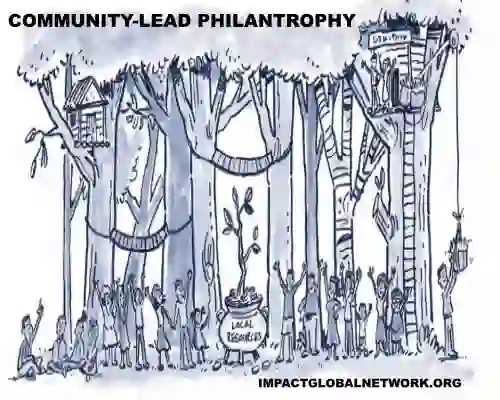Insecurity in Nigeria has taken another dimension, and it seems this has a direct bearing with failures in the electoral and judicial systems. The judicial and electoral institutions have long being seeing as the core and foundation to good governance and democratic journey. But in recent times, there appear to be cracks in the both systems and these have become too visible to be ignored. Elections in Nigeria have not resulted to good governance, infect, successive governments have become worse than the previous and it appears we are far from getting it right. The last concluded general election in 2023 with the following characteristics: voter suppression, technical failures and a highly contested result have left many Nigerian especially the youth disappointed. More despair occasioned the outcome of the election tribunal, especially for those who hoped that the judicially somehow can correct the wrongs of the electoral process
The growing distrust in the democratic institutions is not just issues associated with governance, it is now strongly linked to the rising insecurity in Nigeria. Unrests and violence can be a direct outcome when people believed that their civic voice and legal assurances have been robbed and social cohesion fractured.
Electoral Betrayal
Elections should be the cornerstone of democracy. It was believed that Nigerians turned out in their numbers and hope for a new direction — this hope was not out of nowhere but from the electoral umpire itself the Independent National Electoral Commission (INEC) and despite the assurances, we experienced:
-
- Failed system meant to transmit results transparently in real time — the INEC BIVAS system.
-
- Allegation about vote suppression in lagos and rivers.
-
- The umpire impartiality, despite billions spent on reforms
Reports from YIAGA Africa, indicated cases of violence and voter intimidation especially in opposition dominated areas see extensive reports of the 2023 election as documented by YIAGA Africa
A significant number of the people who voted do not believed that their votes counted. As YIAGA Africa put it Dashed Hope. This can result to anti state activities narratives, more especially among the youth.
Perceived Judicial Silence
From the outcome of the announced electoral result to the activities in the Election petition tribunals, where many petitions get their case thrown-out due to legal technicalities, and bureaucratic roadblocks as against well-articulated substantive justice.
The decision to uphold the 2023 election by the presidential Election partition tribunal despite clear evidence of widespread irregularities sparked criticism of the court by disregarding the interest of the public and people also believed that the court actually placed form over substance in coming to such judgment.
The strong public faith in the judiciary collapse when they feel that justice seems to be predetermined or impossible especially when people tell you to “go to court”. This collapse in trust may push people into seeking justice outside the normal judicial system.
The connection
There seem to be a direct linkage between perceived electoral injustices, lack of faith in the judicial system and the rising cases of insecurity in Nigeria. How?
-
- Despair by the youth the democratic system can push them to activism
-
- The exploitation of the ethnical and religious biases during elections breeds tension especially when felt that justice was not served.
-
- Disappointment with the state empowers non-state actors like bandits, insurgents and separatist with reasons to act and even gain support in some cases.
Banditry, agitation, kidnapping and insurgency are the realities in Nigeria today. Even though these have been the case, but they seem to be on the rise in recent times.
What Needs to Happen, to Restore Faith
Policy reform are non-negotiable in order to rebuild faith and trust in the democratic landscape in Nigeria
-
- Public Sensitization and Petrification: there should be constant enlightenment on right, participation in governance and election.
-
- Electoral Reform: the electoral empire should be made accountable, implementation of full electoral process and constant electoral education.
-
- Inclusion of the Youth: Young people to be meaningfully engaged in the electoral processes.
-
- Judicial System Accountability: Court processes should be timely, electoral petition process simplifies and the burden of proof be placed on the entity that conducted and declared a winner in the election.
Conclusion
For governance and democracy to thrive in Nigeria, the root causes of insecurity must be addressed — chief among them are failure in the electoral processes and court lack of transparency, rebuilding trust in these systems should be seen as a matter of national Security and not just a democratic process.









